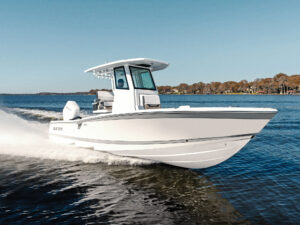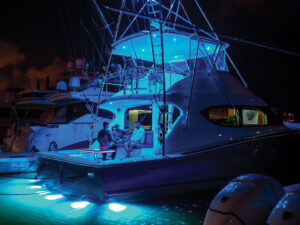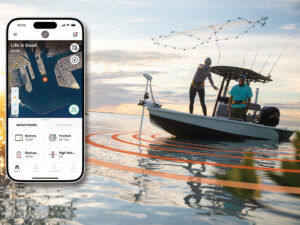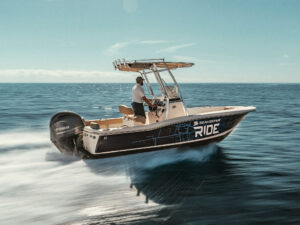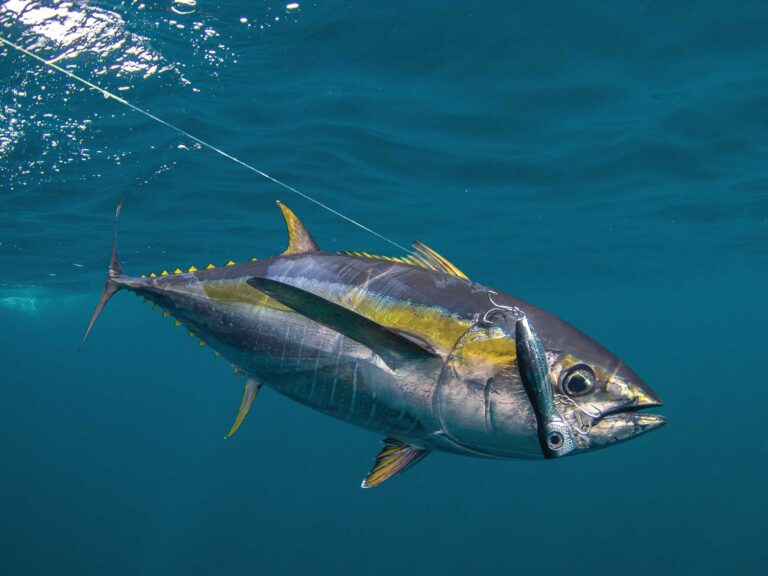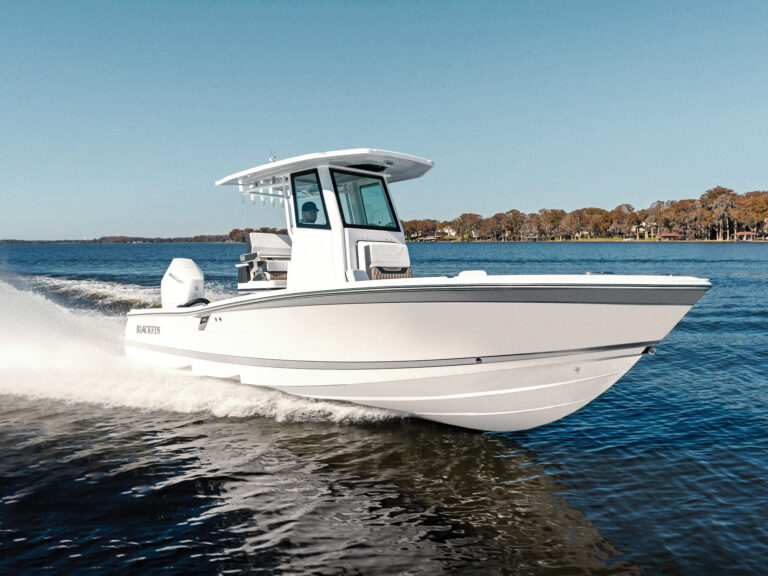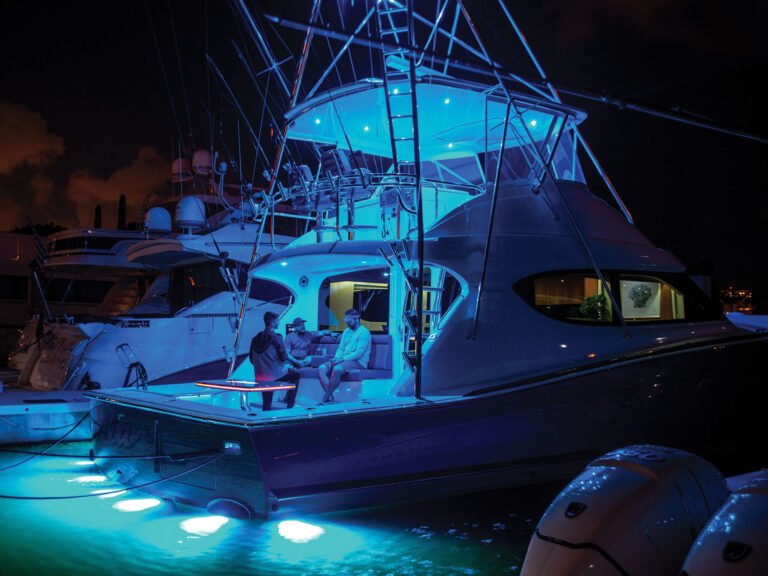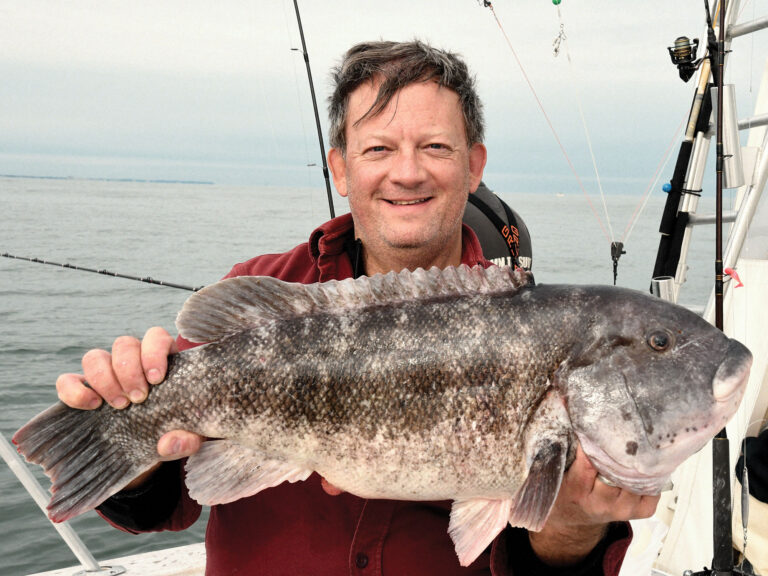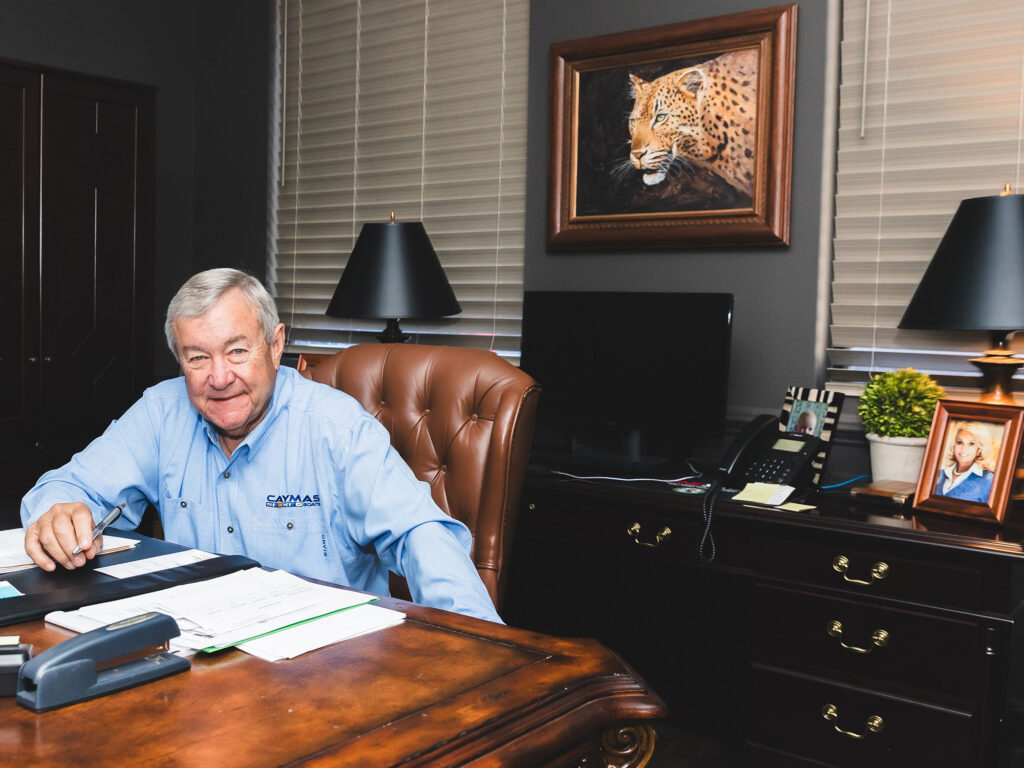
Earl Bentz had set up an enviable retirement. He was living in a nice place in Stuart, Fla., with a new fishing boat on the dock and a golf course nearby.
“I had planned to fish or golf or hunt every day,” says Bentz, “but after three months I was miserable. I got up one morning and told my wife I was going back to Nashville. I was going to start a boat company.”
Make that another boat company. Bentz is a serial boat builder, the founder of Stratos and Triton, both very successful and respected fishing boat brands. In 2018 he abandoned his Florida retirement to start Caymas Boats, a new collection of premium freshwater and saltwater fishing boats. Bentz has just turned 72, so you’d assume that Caymas will be his last start-up. But we would not bet on that. It’s really not in his nature to slow down.
Racing Ahead
Bentz got off to a fast start in boats. Born in 1951 on a farm near Charleston, S.C., at age 14 he went to work at his uncle’s dealership, Jenks Marine in Charleston.
“My uncle raced V-bottom boats, and I would help,” says Bentz. “My compensation was getting to run the race boat 60 mph on the river. When I was about 16 years old my uncle crashed a boat and was injured. He offered me the chance to take his place in a Galaxy tunnel boat powered by a 115 Johnson outboard.”
Bentz had an intuitive feel for piloting a fast boat. Racing a custom tunnel boat called Wild Geechee that was designed by his uncle and built by Bruce Robertson, Bentz began to win races on the National Outboard Association circuit in the Southeast, beating some of the established stars of the series, including Reggie Fountain, who was racing with equipment supplied by Mercury Marine.
“Reggie had a twin-engine Molinari that nobody could touch, but I could beat him in single-engine boats,” recalls Bentz. “Reggie suggested to Mercury factory team manager Gary Garbrecht that I should join the team, and in 1973 I was hired by Mercury.”
Just 22 years old, Bentz moved to Oshkosh, Wis. and joined Fountain and Bill Seebold on a three-driver Mercury team that would dominate tunnel boat racing in the United States and Europe.
“Moving to Wisconsin was a big adjustment for me,” adds Bentz. “For example, I discovered that grits were not available in the grocery stores. I was paid $250 a week by Mercury, and during the race season my share of the prize money was often more than my salary. We three drivers agreed to pool our winnings at each race and split it three ways, and we would travel together to 35 races a year. We became very close and worked as a team, helping each other succeed.”
When Mercury shut down its factory racing effort in 1979 Bentz had won nine national and two world championships. He raced on his own for another year before turning his attention full time to boat building.
Bass Boat Performance
In 1975 Bentz had begun working as a consultant for Hydra-Sports, a Nashville bass boat manufacturer interested in performance.
“I helped Hydra-Sports with some R&D and testing,” Bentz says. “Already I could see that bass boat owners were interested in performance. Owners were over-powering their boats and buying aftermarket speed props. Mercury was about to introduce its Black Max V6 outboards, with the idea that the motors would be used on offshore fishing boats. I took an 18-foot Hydra-Sports to Oshkosh and convinced Mercury to put that V6 on the transom. They thought that was nuts, that the motor would be too heavy. I proved it would work and after the first year of sales, Mercury realized that 80 percent of the new 175 Black Max motors were going on bass boats.”
Hydra-Sports was struggling financially in 1981 when Bentz was named vice president and general manager. In three years he revitalized the brand, and when the owner reneged on a deal to sell him the company, he struck out on his own. With a financial partner, Bentz in 1983 founded Stratos Boats in the Nashville area, hiring away many experienced Hydra-Sports employees.
“We sought to build a very high-quality boat, and to innovate,” notes Bentz. “Our boats were all hand-laid. We were the first to replace fuses with circuit breakers and to install 6-gauge wiring for trolling motors, and we introduced the flippin’ deck.”
In 1987 Bentz sold Stratos to Outboard Marine Corporation (OMC) – the parent of Evinrude and Johnson outboards – and became president of the OMC Fishing Boat Group as the engine builder acquired other fiberglass and aluminum boat brands. By 1989 Stratos was selling 6,600 boats a year and was the number one bass boat brand in the United States, and Bentz had started the Javelin brand for OMC.
After leaving OMC, Bentz started Triton Boats, backed by more than 450 former OMC employees in Middle Tennessee. Triton built up a complete line of premium fresh and saltwater fishing boats including center console models to 35 feet.
“Fishing has always been my passion, even when I was racing,” says Bentz. “In Charleston I knew how to navigate Stono Inlet and go out for everything from redfish to kingfish. And I love to fish fresh water too.”
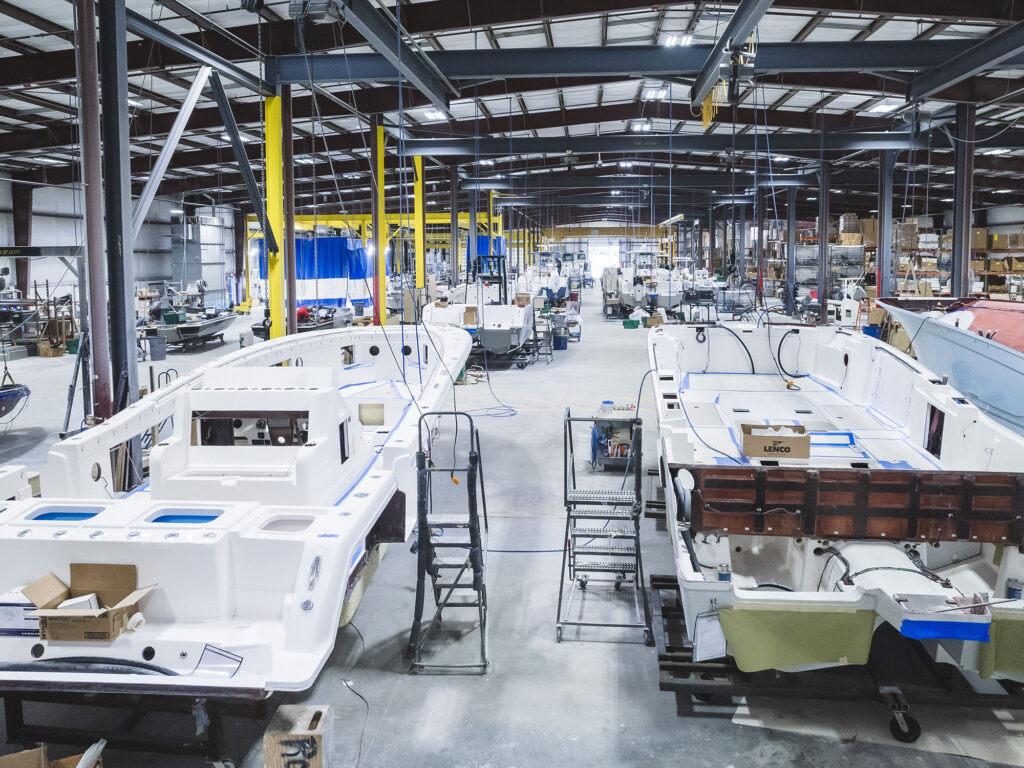
Working With Winners
Bentz sold Triton to Brunswick Corporation in 2005 and stayed on as president of the company until 2018, when he planned to embark on that failed retirement plan. He set up Caymas in Ashland City, Tenn., in a new facility close to the former Stratos building. Bentz says more than 150 Caymas employees have been working for his boat brands for 30 years or more.
“I try to surround myself with people who are willing to put forth the effort to win,” says Bentz.
The Caymas management team, led by company president Adam Adkisson and vice president sales and marketing Todd Falk, is passionate about fishing. Bentz says he stays “knee deep in the design of each boat model.”
“We strive to build an exceptional product backed by a dealer network that provides premium service,” said Bentz. “Independent dealers will always put service first because their business depends on a relationship with the customer, service they just won’t get from a corporate dealer or some big box store.”
As with his own employees, Bentz has maintained relationships with many of his dealers through Stratos, Triton and now Caymas. Andy Johnson, the owner of 72 Marine Sales in Elberton, Ga., has done business with a Bentz company since the Stratos days. Today he sells Caymas boats alongside his son, Bentz Johnson.
“Building relationships has been a key to Earl’s success,” says Andy Johnson, “just as important as the quality of the product. Over the years, with the advent of mega-manufacturers, I’ve seen a loss of personal attention to the product. I still know that if there’s a problem, or I have an idea, I can pick up the phone and talk to Earl. He treats all his dealers that way.”
The strength of personal relationships with employees, with dealers, with his sponsored anglers and with customers has always been the foundation of the unprecedented success – in business and in life – Bentz has enjoyed for close to 50 years.
“My happiest days on this earth have been doing what I love,” Bentz says, “and that is building boats and being in the company of those who share my passion for fishing and boating.”

